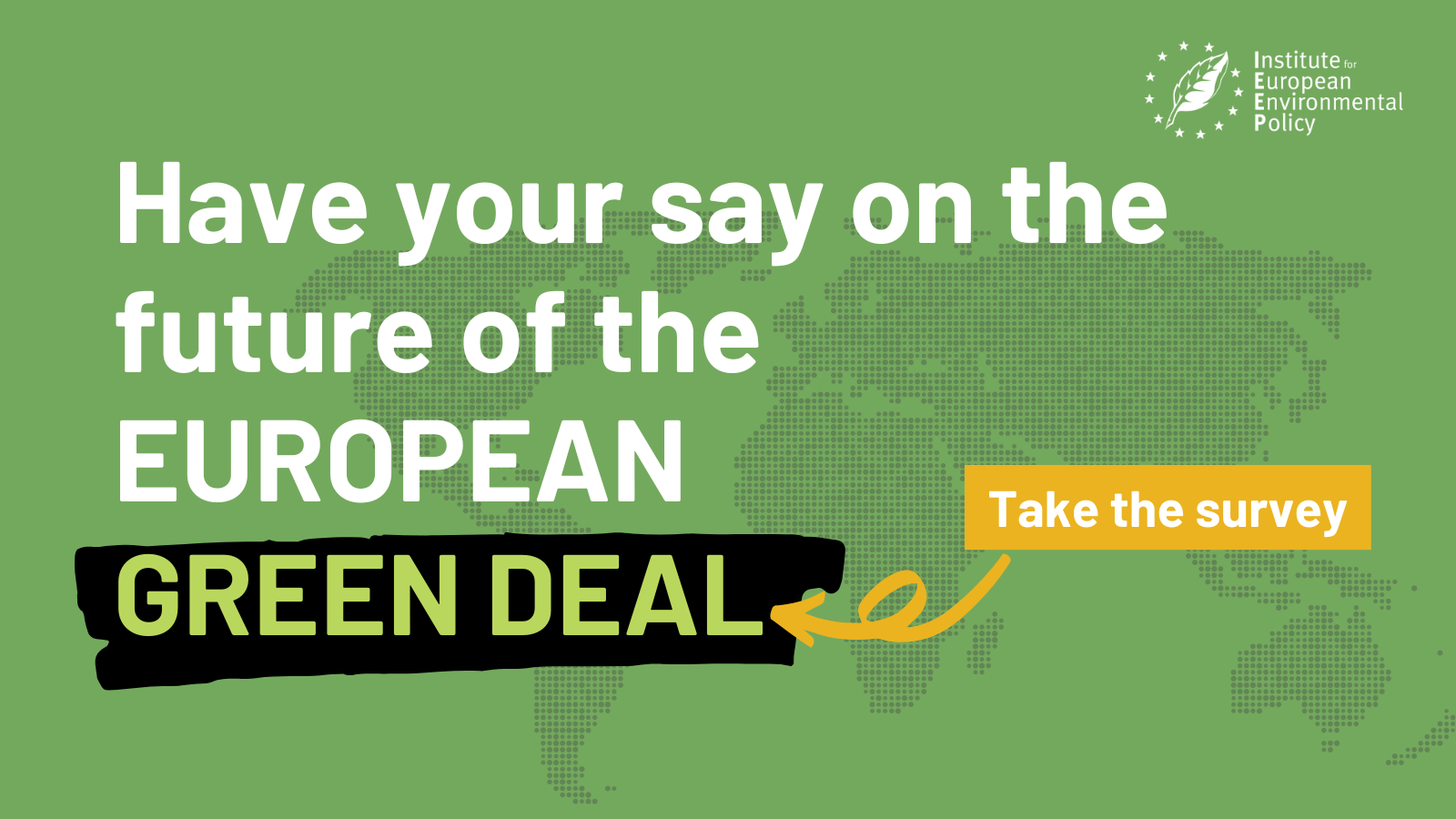Plastics are the single most important and visible contributor to marine litter. As a global leader in the production of plastics (around 50 megatonnes per year), the generation of plastic waste (around 8 Mt per year to landfill), and the export of plastic waste (3.4 Mt per year), the EU has a responsibility to lead action on plastic pollution.
The European Commission has promised a Strategy on Plastics in the Circular Economy in 2017 and an open consultation process is expected to start imminently. As part of the wider EU action plan for the Circular Economy, this represents an opportunity to keep plastic and its value in the economy and out of the oceans.
Building on the study – Socio-Economic Impacts of Marine Litter – for UNEP, and our participation in the GESAMP network (Joint group of Experts on the Scientific Aspects of Marine Environmental Protection), IEEP recognises that the transition to the circular economy offers multiple tools to reduce the flow of plastic waste to landfill and the marine biosphere. Urgent concerted action is needed to address this unnecessary, highly visible, and costly form of pollution that acts as a powerful metaphor for the wastefulness of today’s society.
In anticipation of the release of the Commission’s Plastic Strategy, IEEP has produced a briefing on Plastics, Marine Litter and the Circular Economy. It offers insight on solutions to marine plastics, including a road map with policy recommendations and actions for stakeholders at different governance levels. The briefing aims to promote strong EU policy making and place marine litter high on the circular economy agenda. In addition, IEEP has produced three product fiches, providing easily communicable tools on particularly problematic plastic products relevant to industry, consumers and policy discussions:
– Microbeads: Plastics in personal care and cosmetics products
IEEP has carried out this work for the MAVA Foundation, as part of ACES (Alliance for Circular Economy Solutions), with Green Alliance, Aldersgate Group, De Groene Zaak, Ecologic Institute, and UnternehmensGrün.
For more information on IEEP’s work on marine litter and the circular economy please contact Patrick ten Brink, Emma Watkins or Jean-Pierre Schweitzer.


